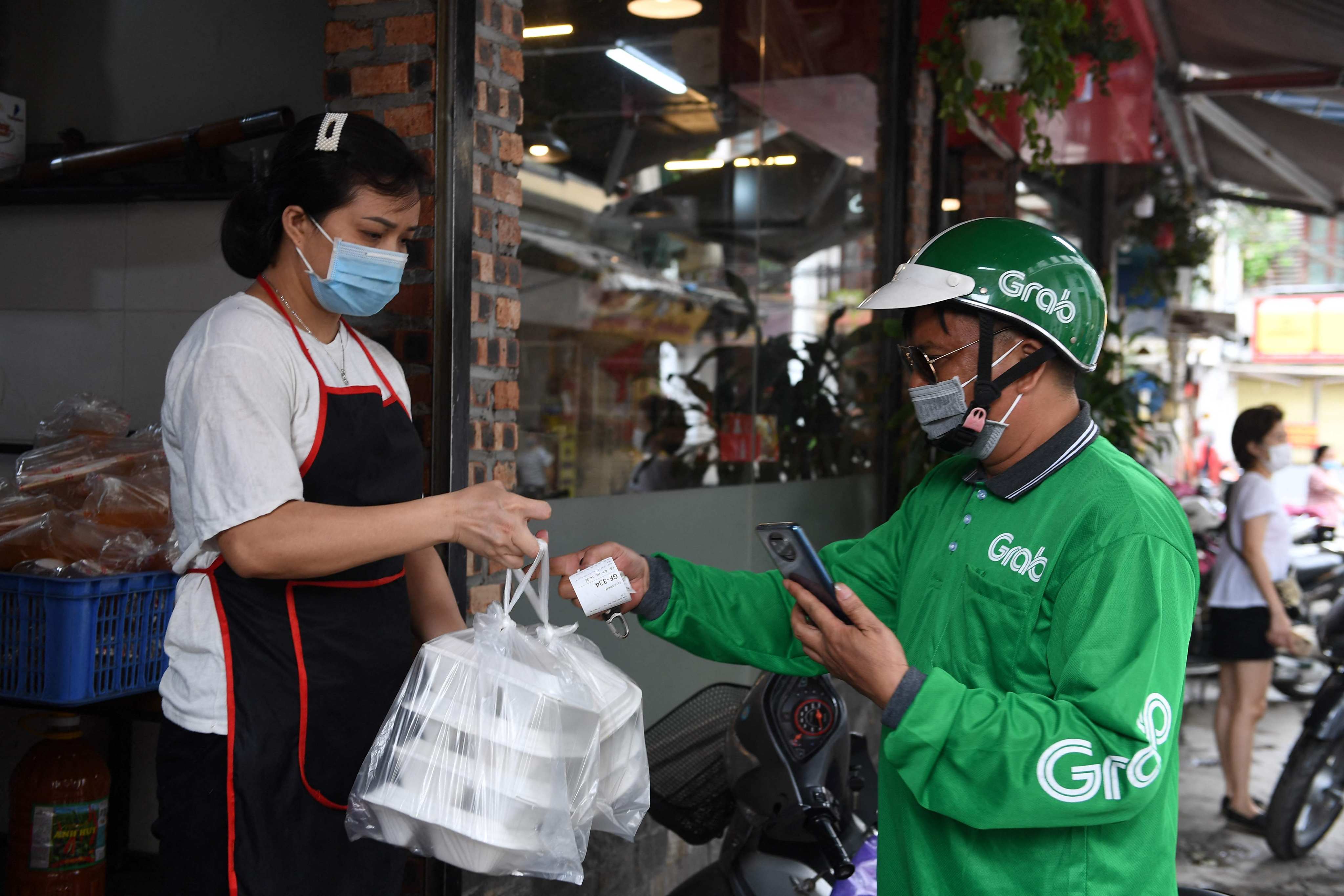By Kun Tian
Copyright scmp

The way people eat, make nutritional decisions and monitor health is undergoing a quiet but profound transformation in Asia. Artificial intelligence (AI), wearables and online applications are reshaping the food landscape, embedding personalised nutrition services into daily life.
From WeChat’s nutrition-tracking mini-programmes to Grab’s food delivery algorithms helping users discover healthier options, digital platforms are becoming sophisticated intelligent systems that help advance nutrition.
What makes this development feel so distinct is the sheer integration of services. While Western consumers often rely on fragmented apps to manage health data, Asia’s “super-apps” consolidate functions into single ecosystems.
For example, WeChat alone hosts over two dozen mini-programmes focused on nutrition tracking and personalised meal planning, with some achieving user satisfaction ratings close to 3.9 out of 5. Users can track meals, receive AI-generated dietary recommendations and consult dietitians without leaving their main messaging platform. Start-ups are taking notice.
The South Korean app Monolabs launched a nutrition service on WeChat, reportedly choosing China as its first overseas market in a clear recognition of the Chinese platform’s reach and infrastructure.
These ecosystems are not merely aggregating services; they are enabling the rise of personalised nutrition intelligence. When a user places an order through Grab or Gojek, AI can be leveraged to tailor suggestions for individual dietary preferences.
Within Asia and the Pacific region, the personalised nutrition market is projected to grow to around US$9.56 billion by 2033. AI’s ability to integrate data from sources such as genetic testing, purchase history and wearable devices is likely to boost growth.
New technologies are also addressing old problems. For example, one frustration among users has been the need to manually log meals. Now, advanced wearables like “The Drop” use computer vision and AI to detect food intake automatically. Systems like these are touted as being consistently able to learn from user feedback, improving the precision of meal plans and suggestions.
The goal is not to tell people what to eat but to understand why they make specific choices. After all, it is crucial that AI moves towards “empathetic” design, capable of respecting cultural values, socioeconomic context and emotional factors that influence diet.
As promising as these innovations are, they also raise ethical questions. Nutrition data is sensitive compared to general fitness metrics. It reveals beliefs and preferences, as well as habits and health conditions. The use of such data for predictive recommendations raises concerns about autonomy and consent.
In Asia, interest in AI-enabled tools is high. According to a recent survey, 85 per cent of respondents in the region are open to personalised health recommendations. However, data privacy is also a top concern.
Within Asia, regulatory regimes are inconsistent. Singapore does not require health data localisation. In Vietnam, personal data can be stored locally for two years in some cases. Only Thailand and Vietnam seem to have frameworks for secure cross-border health data sharing.
This lack of harmonised regulation hinders innovation and increases the risk of misuse. Consumers want control over how their data is used, which includes the ability to delete, review or restrict data access.
Businesses are exploring new ways to build trust, including through the development of invisible AI personalisation, where technology enhances the user experience without drawing attention to itself. Research shows that although marketers view AI as essential for customer acquisition, only a small fraction of consumers want more visible AI interactions. AI should subtly guide choices, not overwhelm users or compromise their sense of autonomy.
For healthcare providers, this presents a chance to deliver preventive interventions through familiar digital platforms. When combined with clinical records and wearable data, AI can help identify nutritional risk factors before they become problems. However, healthcare institutions must be sure to use AI to support rather than override medical judgment. Trust in doctors and hospitals is higher than in tech companies, giving healthcare institutions a crucial role in safeguarding ethical standards.
Consumer goods companies are also rethinking their role. Companies such as Nestlé are developing systems that offer personalised product suggestions. This approach could signal a shift from volume-based selling to value-based engagement. However, the pressure to sell must not come at the expense of genuine health benefits. Consumers are sceptical of over-personalisation that seems to manipulate rather than assist.
Retailers are also jumping on the bandwagon. Supermarkets in Singapore and Japan are testing digital displays that adjust to customer shopping patterns and health data, promoting better food choices while respecting cultural and economic preferences. These systems must walk a fine line between guidance and surveillance.
To address the challenges of ethical AI in nutrition, some experts have proposed a seven-pillar framework based on data integrity, system transparency, human-centricity, regulatory compliance, societal benefit, organisational responsibility and education.
Asia is well positioned to lead in digital nutrition innovation. A super-app infrastructure, growing health awareness and technological capacity provide fertile ground for positive change, albeit not without conscious action. Policymakers must protect privacy while supporting innovation. Businesses must prioritise ethical design and genuine consent. Consumers must be empowered, not profiled.
This change goes beyond dietary choices; it’s about who controls the information that shapes those decisions. AI’s role in shaping Asia’s palate will continue to grow, as will Asia’s influence on global consumption patterns. Whether it enhances human agency or undermines it depends on whether innovation is matched with accountability. Striking the right balance between personalisation and privacy will affect dietary habits beyond the region for years to come.



